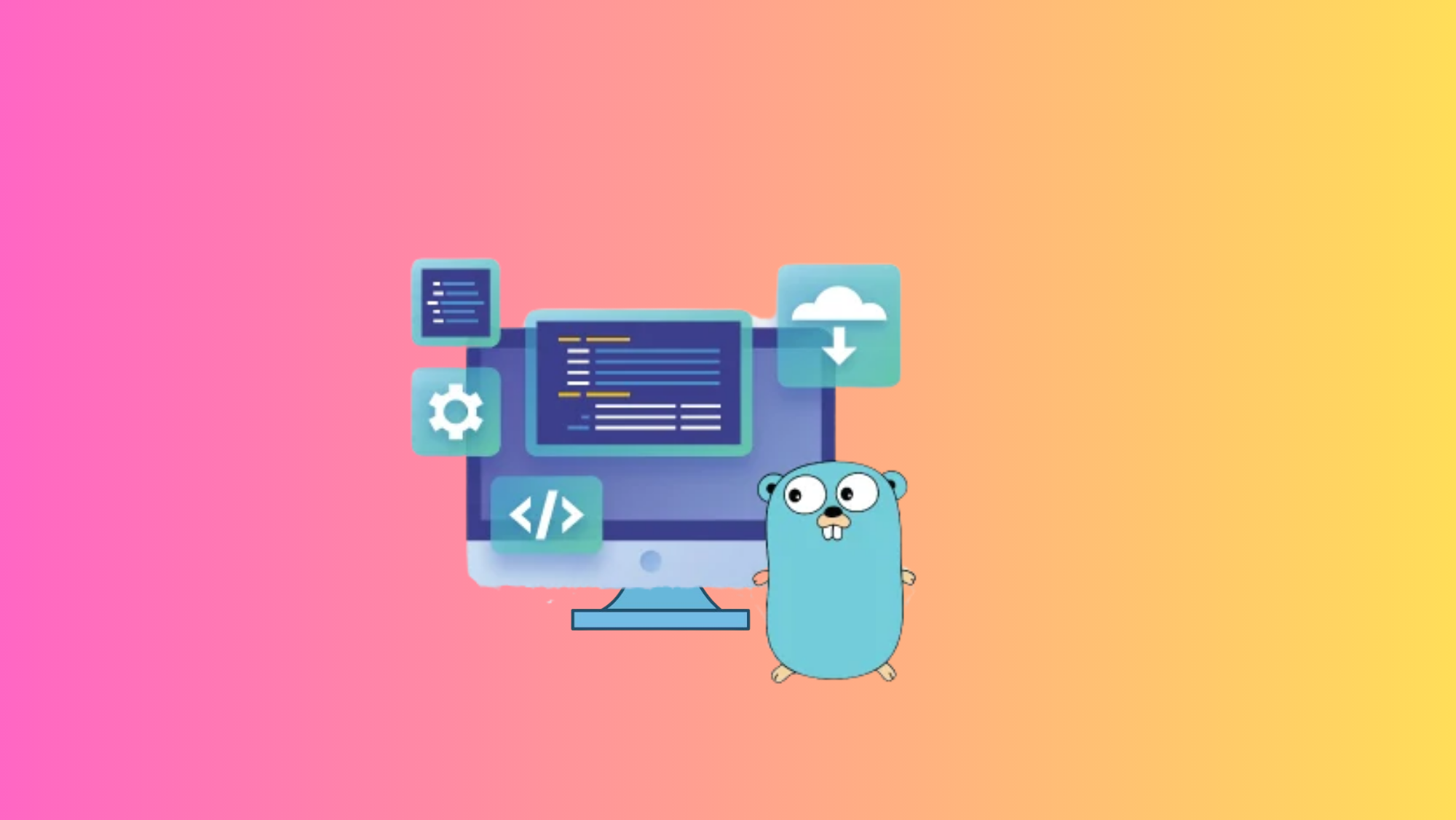Everything You Need to Know About Go Language Training
Introduction:
Go, also known as Golang, is an open-source programming language created by Google. Designed to be efficient, simple, and highly readable, Go combines the performance of a compiled language with the productivity of a dynamic language. With its strong focus on simplicity and concurrency, Go has gained popularity for building scalable and reliable software systems. In this introduction, we will explore the key features, advantages, and applications of the Go programming language.
Why is Go Language Training Important?
1. Efficiency and Performance: Go is designed to be a highly efficient language that delivers fast execution speed and low memory footprint. It is specifically built for concurrency and scalability, making it ideal for building high-performance software systems.
2. Simplicity and Readability: Go emphasizes simplicity and readability in its syntax and design. It has a clean and minimalistic approach, making it easier to learn and understand. With fewer language features and a straightforward standard library, developers can quickly grasp the core concepts of Go.
3. Concurrency and Goroutines: Go has built-in support for concurrent programming through goroutines and channels. Goroutines are lightweight threads that enable concurrent execution, allowing developers to write concurrent code easily. Go's concurrency model simplifies the handling of concurrent tasks and helps in building scalable applications.
4. Scalability and Concurrency: Go's concurrency features make it well-suited for building scalable systems that can handle a large number of concurrent requests. It excels in scenarios where high throughput and low latency are critical, such as web servers and distributed systems.
5. Growing Popularity and Industry Adoption: Go has gained significant traction in the software development community. Many large-scale companies, including Google, Dropbox, Uber, and Docker, have adopted Go for their backend systems. By acquiring Go language skills, developers can tap into a growing job market and career opportunities.
6. Robust Standard Library and Tooling: Go comes with a comprehensive standard library that provides a wide range of functionality, including networking, file I/O, cryptography, and more. Additionally, Go has a rich ecosystem of third-party libraries and frameworks that further enhance its capabilities. The tooling support for Go, including the go command-line tool, testing framework, and integrated development environments (IDEs), makes it easier to develop, test, and maintain Go projects.
7. Cross-Platform Compatibility: Go is a cross-platform language that can be compiled to run on different operating systems, including Linux, macOS, and Windows. This enables developers to build applications that can run seamlessly on multiple platforms without significant modifications.
Go Language Career Opportunities:
1. Software Engineer: Many companies are adopting Go as their primary language for developing backend systems and microservices. As a Go software engineer, you can work on building robust and scalable software solutions, optimizing performance, and ensuring high availability.
2. DevOps Engineer: Go is widely used for creating tools and infrastructure components in the DevOps space. With Go skills, you can work on building automation scripts, creating deployment pipelines, and developing tools for monitoring and managing cloud-based systems.
3. Cloud Engineer: Go has excellent support for cloud-native development, making it a valuable skill for cloud engineers. You can work on developing serverless functions, building containerized applications using technologies like Docker and Kubernetes, and leveraging Go's concurrency features for efficient cloud-based systems.
4. Blockchain Developer: Go has gained popularity in the blockchain and cryptocurrency space. Many blockchain platforms and frameworks, such as Ethereum, use Go extensively. As a Go developer in this field, you can work on building decentralized applications (DApps), smart contracts, or contributing to blockchain protocol development.
5. Networking Engineer: Go's performance and simplicity make it an excellent choice for building networking tools and infrastructure. Networking companies and startups often use Go to develop high-performance routers, load balancers, and other network-related software.
6. Security Engineer: Go's focus on simplicity and built-in support for encryption and secure coding practices make it suitable for developing secure applications. With Go skills, you can work on building secure systems, conducting code reviews, and implementing security measures to protect against vulnerabilities and threats.
7. Open Source Contributor: Go has a thriving open-source community, and contributing to Go-related projects can enhance your skills and visibility. You can contribute bug fixes, new features, or documentation to the Go standard library, frameworks, or other popular Go projects.
Prerequisites For Go Language Training:
1. Basic Programming Concepts: It's helpful to have a solid understanding of fundamental programming concepts like variables, data types, loops, conditionals, functions, and basic algorithms. If you're already familiar with programming in languages like C, C++, Java, Python, or JavaScript, you'll find it easier to grasp Go.
2. Command-Line Basics: Go is often used and compiled from the command line. Familiarize yourself with basic command-line operations such as navigating directories, executing commands, and working with files.
3. Basic Understanding of Computer Science:
While not strictly necessary, having a foundational understanding of computer science principles like data structures and algorithms can be advantageous. This knowledge will help you write efficient and optimized Go code.
4. Editor or Integrated Development Environment (IDE): Choose an editor or IDE that you feel comfortable with for writing and running Go code. Popular options include Visual Studio Code, GoLand, Sublime Text, and Atom. Make sure you have it installed and configured for Go development.
5. Go Installation: Before you can start learning and coding in Go, you'll need to install the Go programming language on your computer. Visit the official Go website (https://golang.org) and download the installer appropriate for your operating system. Follow the installation instructions provided.
6. Learning Resources: Gather learning materials to guide you through the process. There are numerous resources available, including online tutorials, documentation, video courses, books, and interactive coding platforms. Some recommended resources include "A Tour of Go" (official Go tutorial), "The Go Programming Language" by Alan A. A. Donovan and Brian W. Kernighan, and online platforms like Udemy and Pluralsight.
7. Practice and Projects: As with any programming language, practice is crucial. Work on small projects and coding exercises to reinforce your understanding of the language and its features. It's beneficial to start with simple programs and gradually move on to more complex ones.
Conclusion:
The Go programming language offers excellent career opportunities and a wide range of applications. Its efficiency, scalability, and simplicity make it a preferred choice for building high-performance and concurrent systems. Whether you're interested in backend development, DevOps, cloud computing, blockchain, networking, or security, learning Go can open doors to exciting career paths. With its growing popularity and supportive community, investing time in learning and mastering Go can be a valuable asset for any aspiring programmer or software engineer.
You May Also Like
These Related Stories

Go vs. Other Programming Languages: 5 Advantages of Choosing Go

Mastering Go Language: Essential Tips and Tricks




No Comments Yet
Let us know what you think